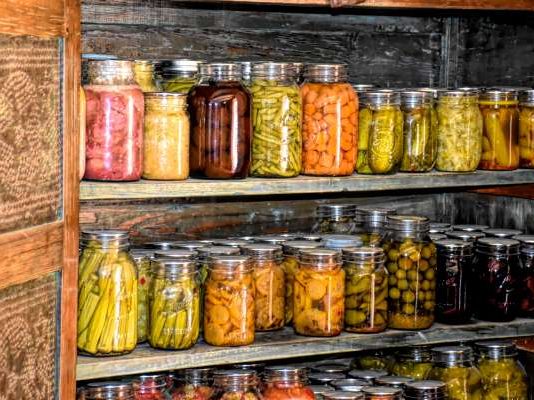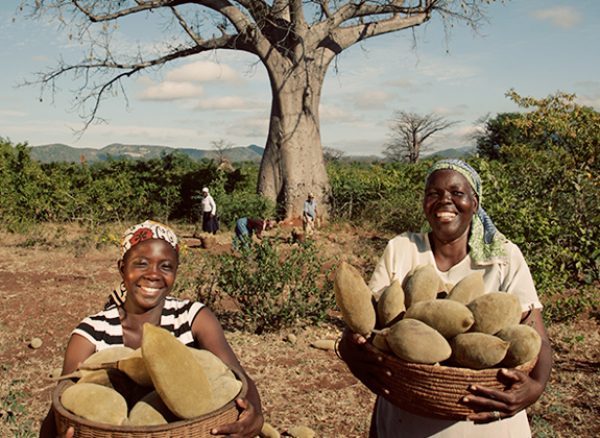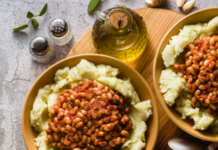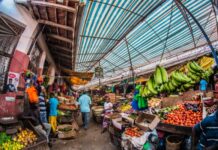Entries open for wine & food tourism awards
The profound after-shock on tourism wrought by Covid
19 should not be taken as a signal of defeat, says organiser of the annual...
The baobab tree and its various uses
By Nita Karume :
The African baobab is a remarkable species in the special way it grows multiple fused stems. This is in addition to...
Solevo Group is sold by Helios to DPI-led consortium
Acquisition will support growth of critical specialty chemical inputs portfolio and accelerate geographic expansionSolevo Group (“Solevo”), a leading African distribution platform for specialty chemicals,...
SAB’s ESG strategy highlights the positive impact of beer
The South African Breweries (SAB) has officially launched its first fully-fledged Environmental, Social and Governance (ESG) strategy as it strives to lead the beer...
Rwanda starts farming grapes, wine processing
Rwanda is set to start growing grapes and producing wines after signing a lucrative deal with a Germany state - Rhineland Palatinate three years...
FoodChain Global expands into Africa and lists FOOD token on MEXC in its fight...
FoodChain Global, or FCG, a blockchain ecosystem focused on fighting global hunger through NFTs, P2E games, staking, and exclusive merchandise, partners with FoodForward SA, a...
Increased bean consumption: Solution to health, climate and cost-of-living crises
Global food awareness organisation ProVeg International has joined forces with Google, the Bezos Earth Fund and more than 40 other organisations to campaign for...
Control over Meta and Google, ensuring food security and technological transfer
Modern global monopolies can only be countered by the same global antitrust initiatives, which can only be realized in the interstate format, which is...
Small businesses in food systems hold the key to affordable and healthy foods, report
An estimated 60 per cent of rural and urban Kenyan households access their daily meals from micro/small enterprises (MSEs) at local markets. But despite...
A Decade of fruitful collaboration
South Sudan Government and FAO commemorate 10th anniversary of close cooperation towards ending food and nutrition insecurity The Food and Agriculture Organization of the United...













